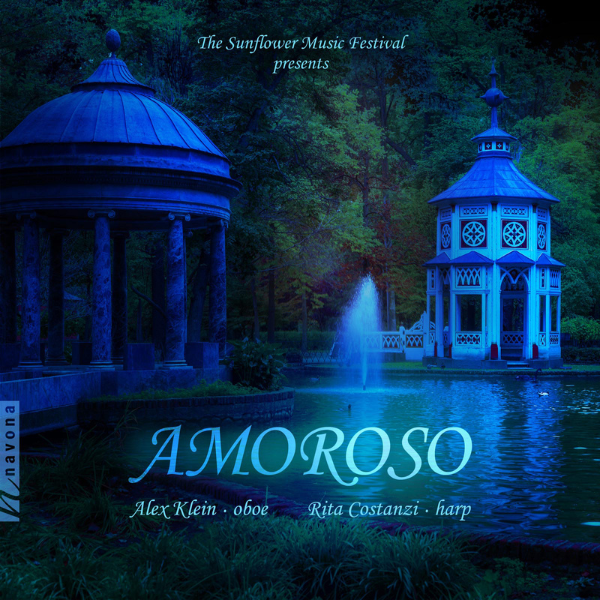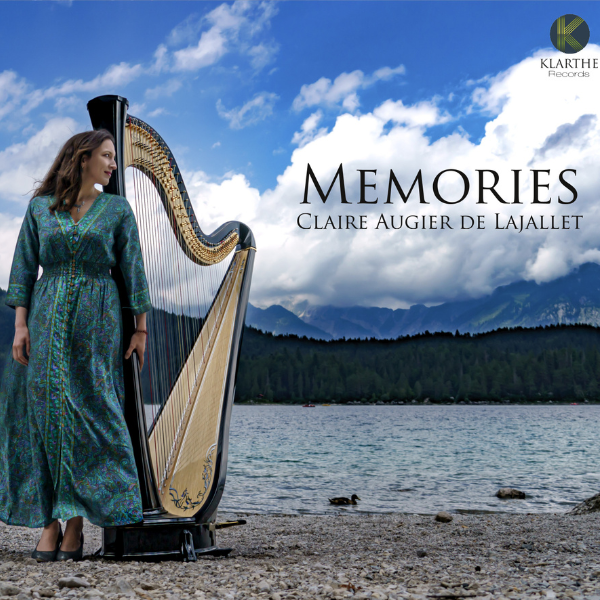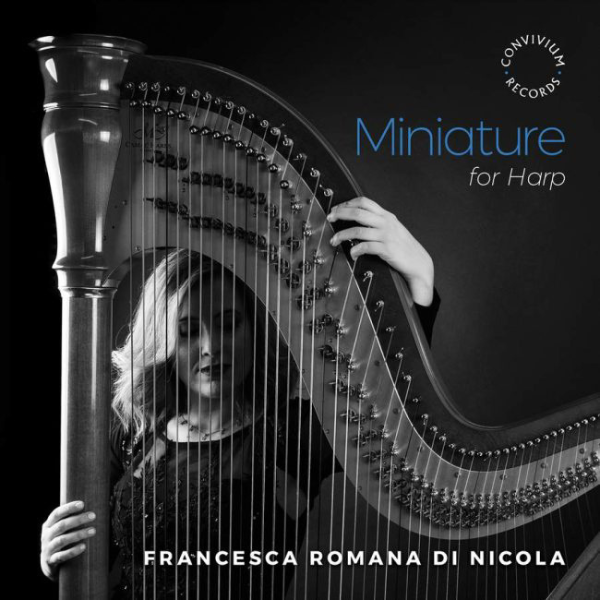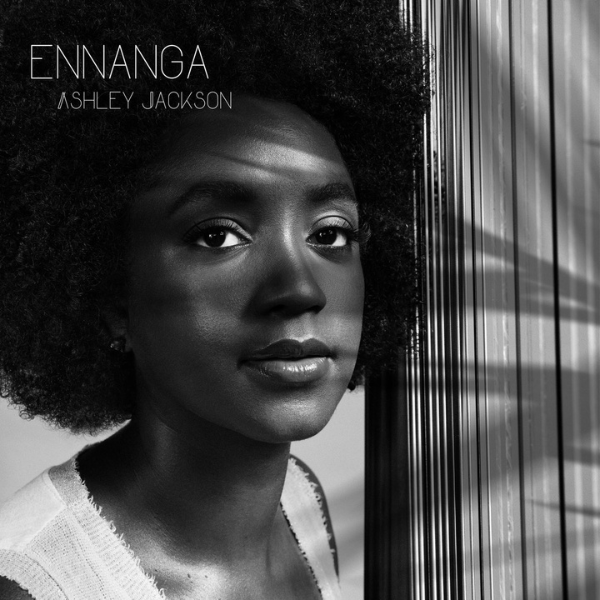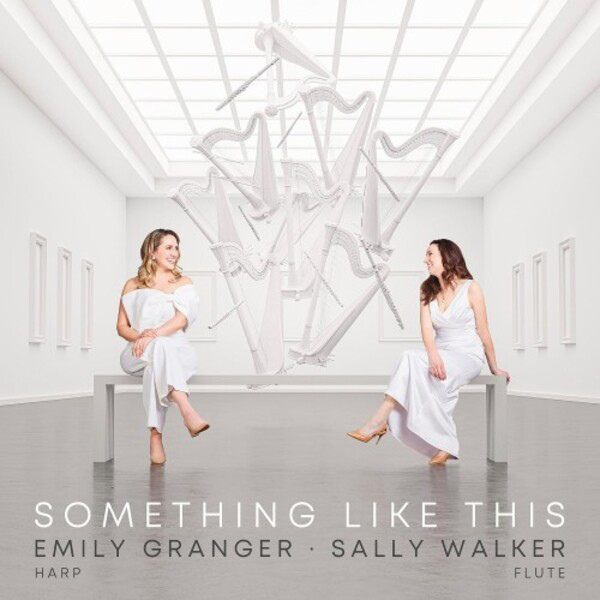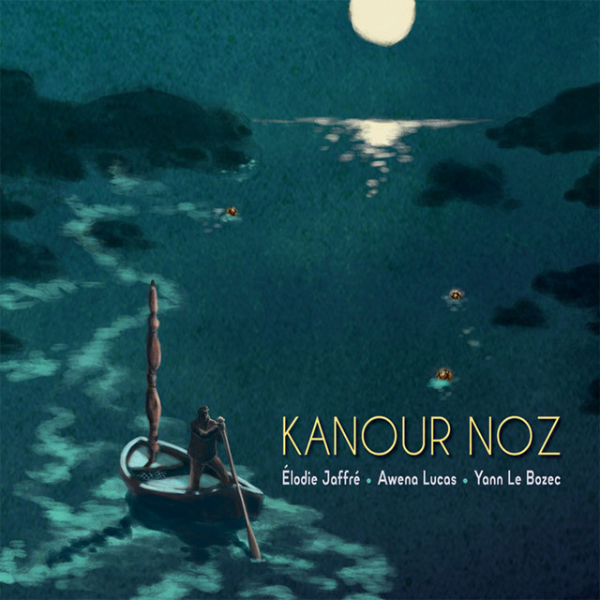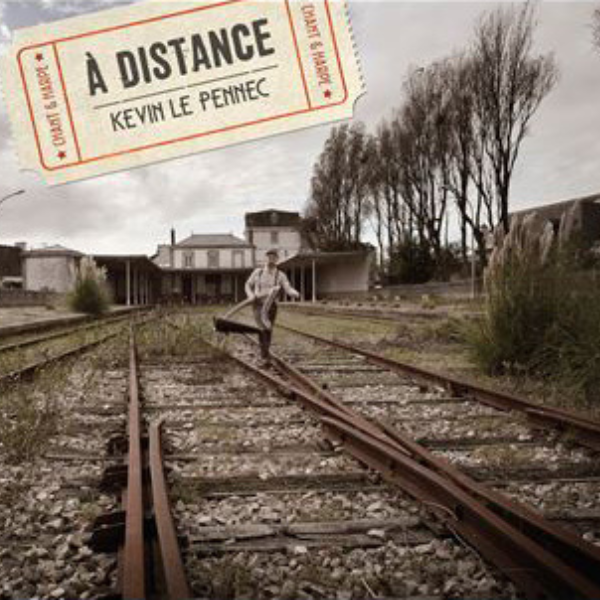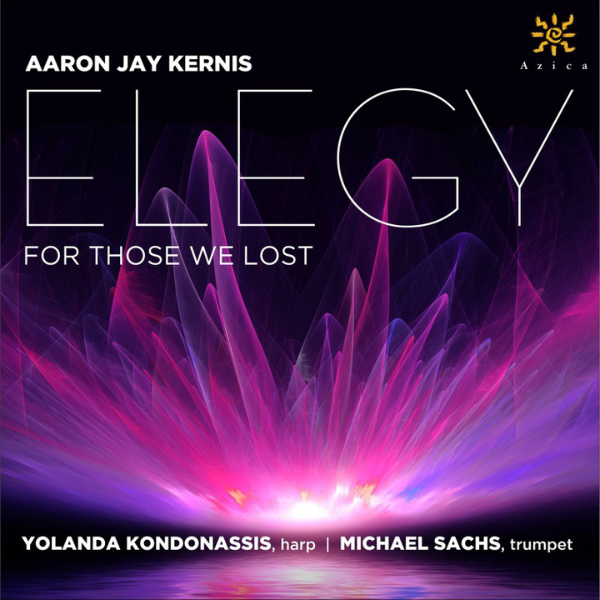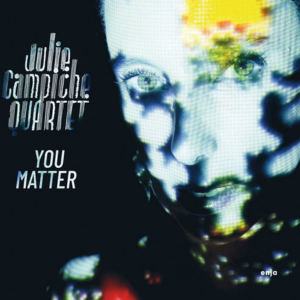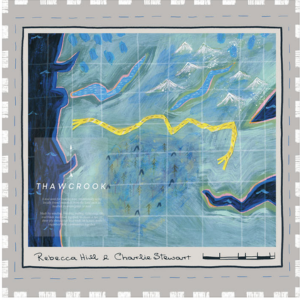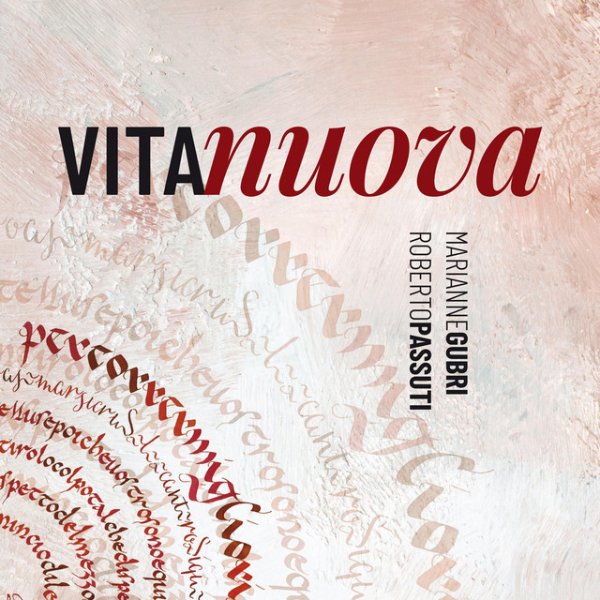
10/10
Marianne Gubri, harp.
Telecinesound, 2021.
In the spring of 2020, French-Italian electro- and acoustic harpist Marianne Gubri began reading the work of Dante Alighieri in preparation for his 700th anniversary. What percolated was a kind of soundtrack for his texts, what Gubri calls a “receptive casket,” an astonishing sojourn in the ancient as seen through the prism of electronic modernism.
That’s not to say Vita Nuova(New Life) is overly intellectual. To the contrary, the resulting arrangements by Roberto Passuti are gloriously contrasting, echoing the past in our present ears with warmth and deliciousness as if a toe dipped into the Mediterranean.
Velo sottile (Thin Veil) opens the album with gentle clapping and the tinkling of bells. Dante refers often to the harp’s lyre ancestor, an instrument in the Middle Ages often evoking the breath of God. Gubri’s inviting style reminds one of stories like that of Orpheus who charmed all the living—and dead—with his masterful musical and oratory performances.
The cover art shows calligraphy in a perfect circle much like the forward motion of a spinning wheel, or earth itself within the cosmos. In Rosa sempiterna (Eternal Rose) Gubri is not content with a simple perpetual motion, rather her playing breathes, much like Dante himself who was at once a scientist and mathematician, but also alchemist, esoteric, and magician. We feel in her playing that she’s inventing on the spot and we have a front row seat to her mind.
Hats off to Passuti’s dexterous inclusion of bass and percussion in Non dormire (Do Not Sleep). Gentle, non-intrusive, and yet providing a primal reminder of Dante’s understating of metaphysics that informs us today, “We are made of the material we believe we are made of.”
The excellent violinist Erica Scherl makes an appearance in the exotic Oriental Zaffiro. Passuti normally uses “thousands” of instruments for his arranging, but limited himself for this project. Ironically, those self-imposed limits offered up a challenge to use the limited variety in color in the most effective way possible. Cor Suave (Sweet Heart) illustrates this most expertly in its simplicity, tugging at our emotions as if realigning us with its resonance. In the feral Umanitade (Humanity) electronics meet traditional in a victory lap à la Chariots of Fire.
True also for Emisperio (Hemisphere), a mystical work played with a heavenly touch that evokes the horizon’s dividing line of dense earth, fluid water, and evanescent air. This out-of-body/out-of-time quality returns in Angelicanza (Angels) and the meditative Chiara Fontana (Clear Fountain) where Gubri takes on more of a role of lyric poet accompanying a story influenced by the migrations of people who carried their customs and faith inside their musical instrument.
Vita Nuova is a gorgeous and thought-provoking album of sensory miniatures presented in a beautiful package of ambient color. I highly recommend it.






